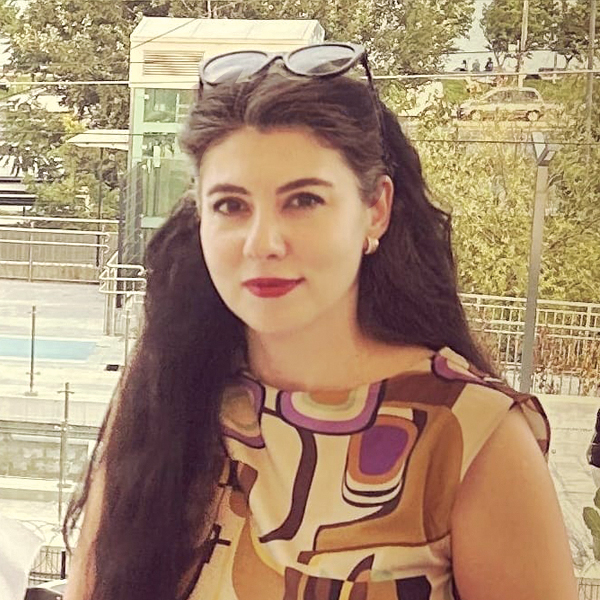Graphic Design

What We Do
In academic publishing, design is more than aesthetics—it is a critical tool for accuracy, transparency, and accessibility of knowledge. Graphic design not only frames the presentation of scientific content but also shapes its interpretation. Proper alignment of figures, readability of graphics, and optimal placement of tables directly affect both the comprehensibility and the citability of articles.
The Galenos Graphic Design Team has accumulated extensive experience through hundreds of issues and thousands of article layouts. This expertise has evolved into a methodological perspective that goes beyond technical skill. For example, anatomical illustrations used in clinical journals and Kaplan-Meier or ROC curves preferred in experimental studies require different approaches. Our team develops tailored solutions for each journal with these distinctions in mind.
Growing visual sensitivity has transformed graphic teams into not just executors but also strategic partners in publishing. At Galenos, the Graphic Design Team is more than a layout unit; it is a central actor shaping international visibility, reader experience, and the credibility of knowledge.
Team Structure and Leadership
The team consists of layout specialists, digital media designers, infographic developers, and video content creators. Responsibilities are tailored to the types of publications.
Layout and Page Design
Once an article is accepted, the design team takes over to build the page structure:
Titles, author information, and abstracts are positioned consistently,
Text is formatted into a two-column structure (where applicable),
Tables and figures are accurately placed,
Page numbers, journal logos, and headings are standardized.
Graphic Compliance and Publication Readiness
Both PDF and print versions are checked for color profile, resolution, margins, and font integrity. CMYK separation for print, cover design, and ISBN placement are completed. For bound volumes, spine design and cover coordination are also handled by the team.
Journal Cover Design and Brand Representation
Cover designs establish each journal’s visual identity. With field-specific symbols and clean yet striking lines, our team gives journals a distinctive and recognizable character.
Visual Content and Infographic Production
Infographics are created to enhance the comprehensibility of scientific publications. These visuals not only help readers grasp information more quickly but also serve effectively in social media and presentations.
Social Media and Digital Promotion
The team produces posters, announcement visuals, and templates for social media posts. Promotional materials for published issues, visuals for special days, and digital/printed materials for conferences are also prepared.
Quality Control and Continuous Improvement
Every design process concludes with quality control. Cross-checks ensure the integrity of layouts. Typography, color, and UX trends are reviewed twice annually. Feedback from editors is incorporated to drive ongoing improvement.
Our People




